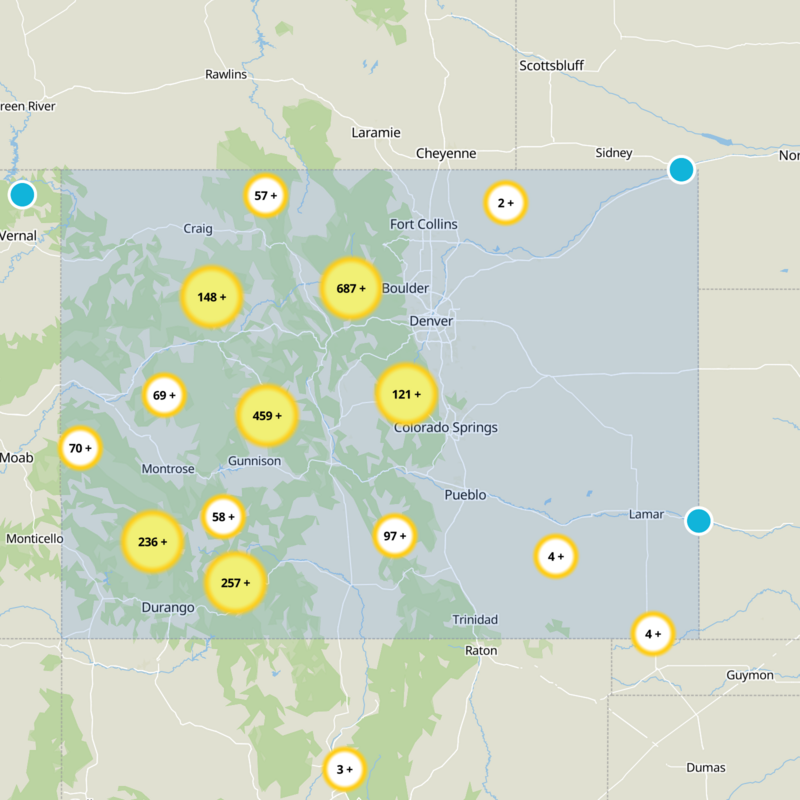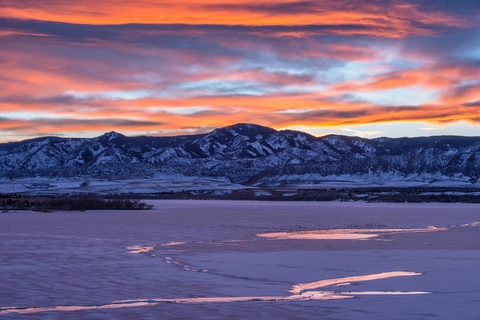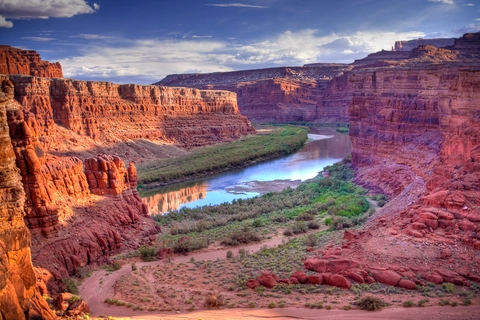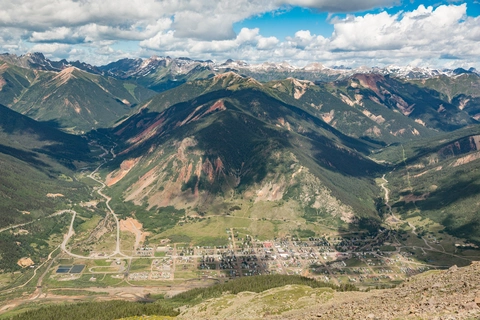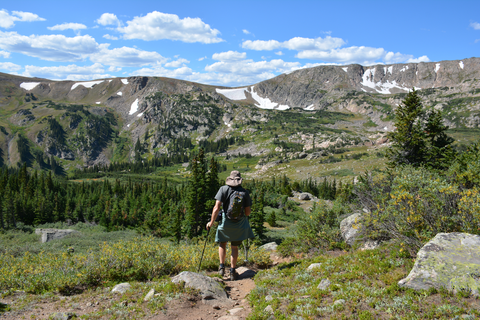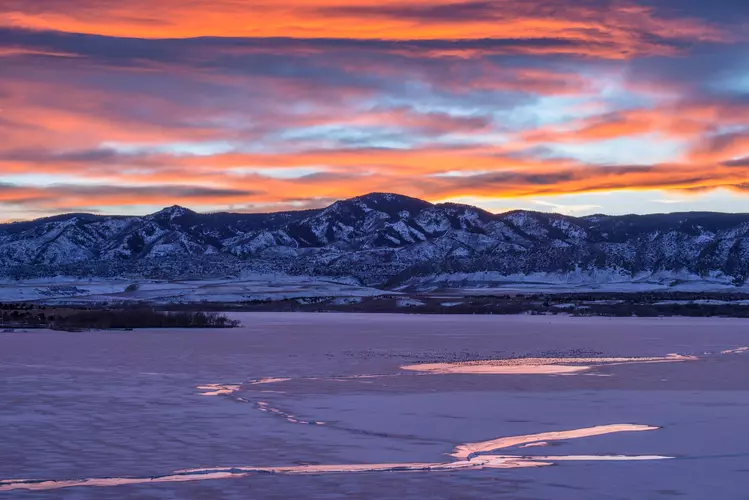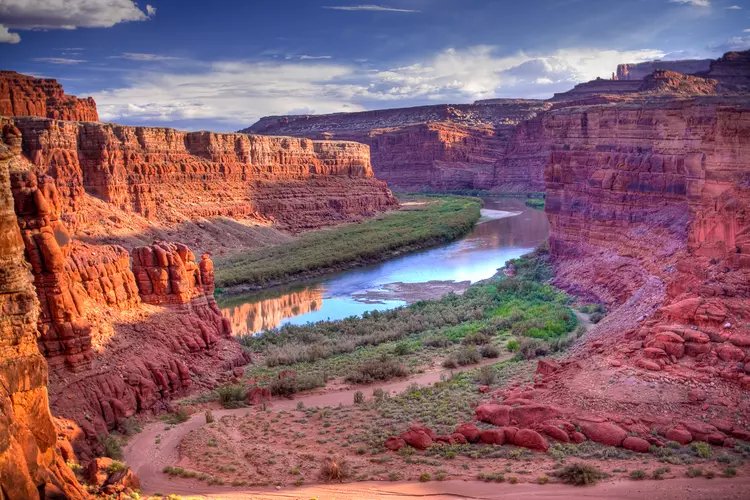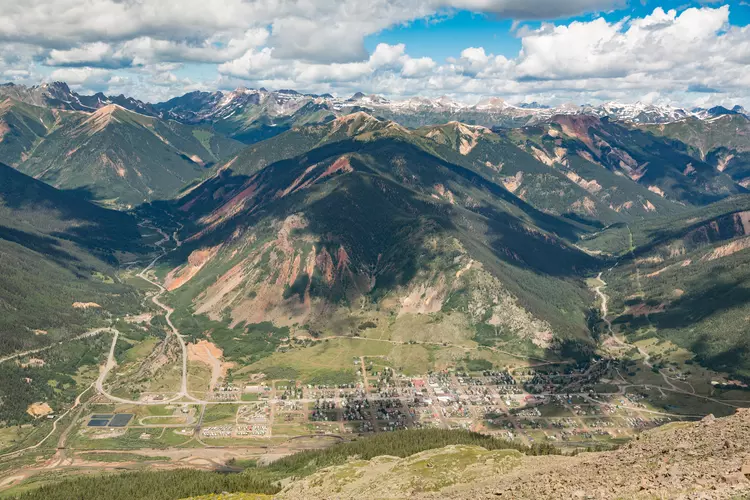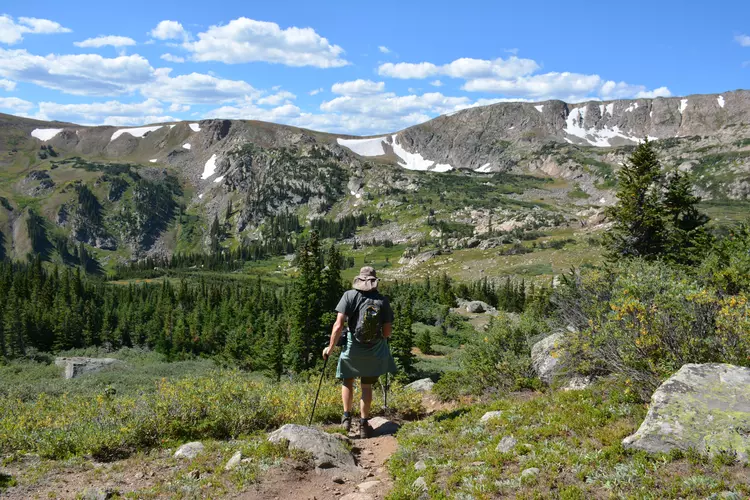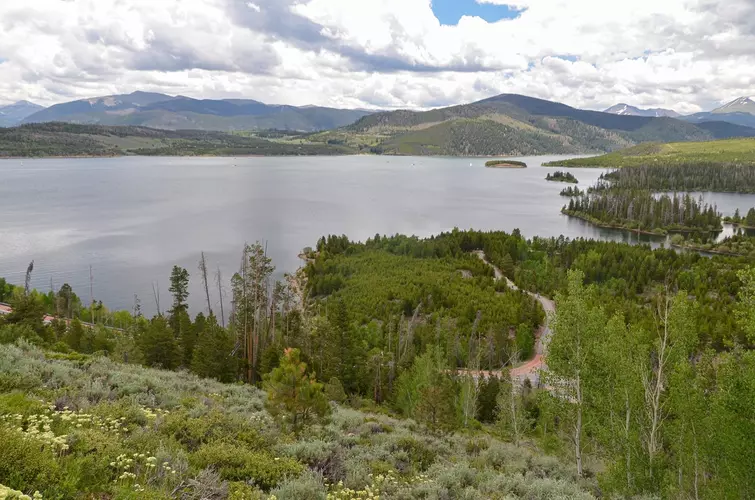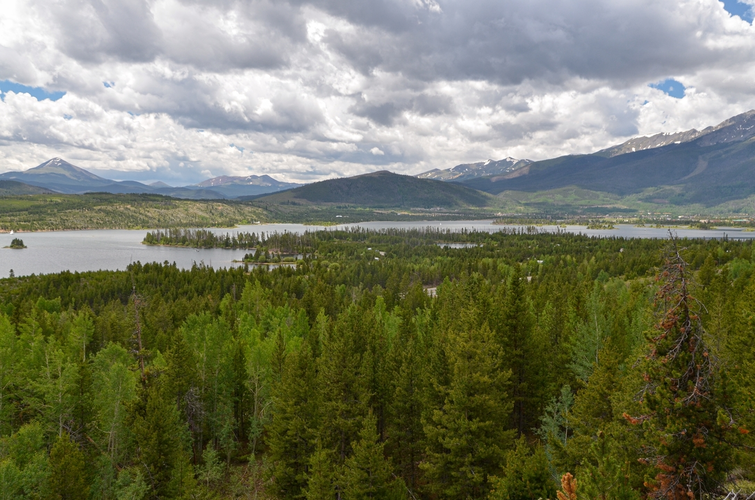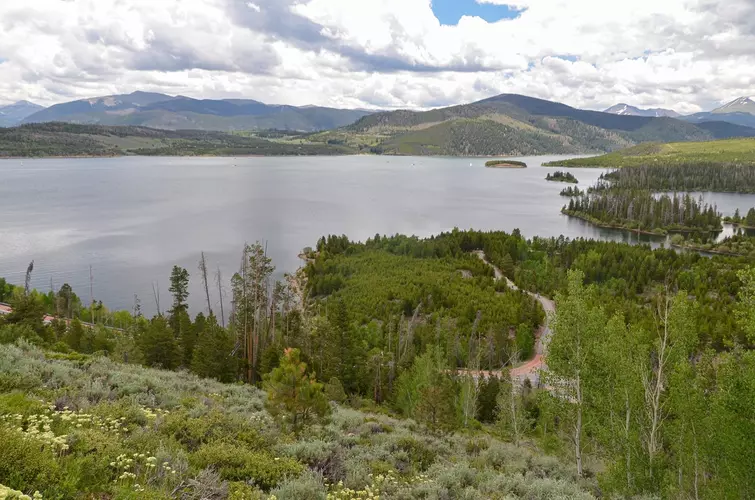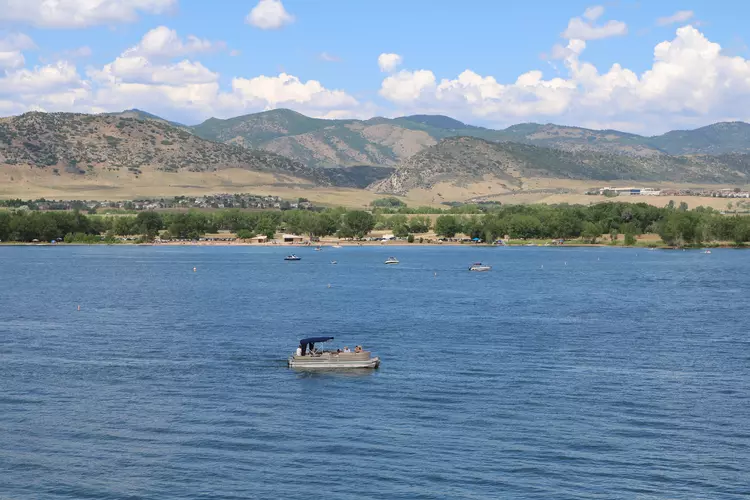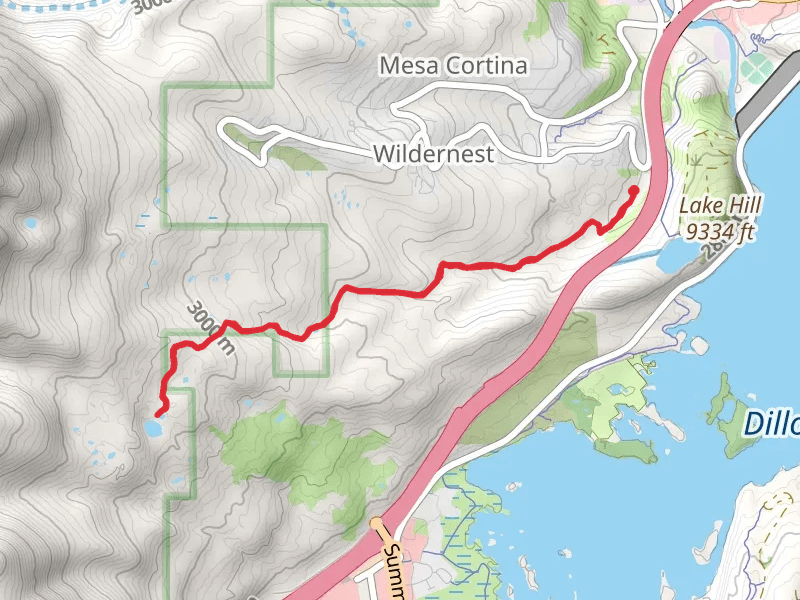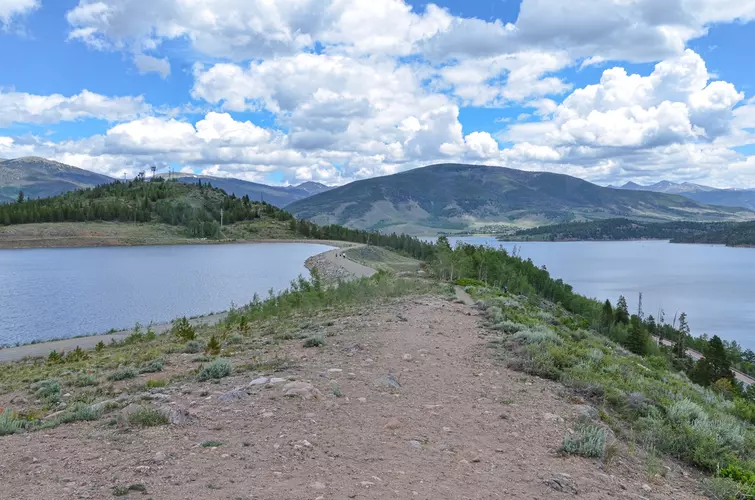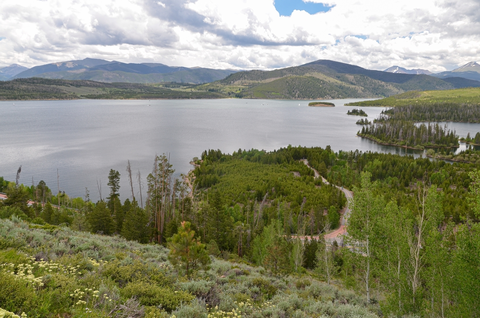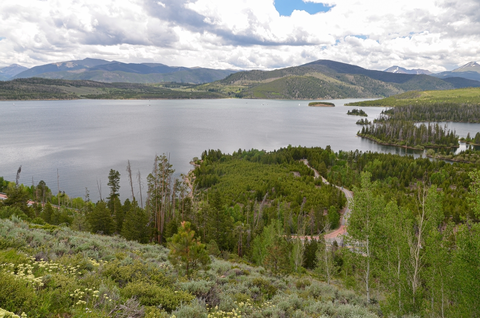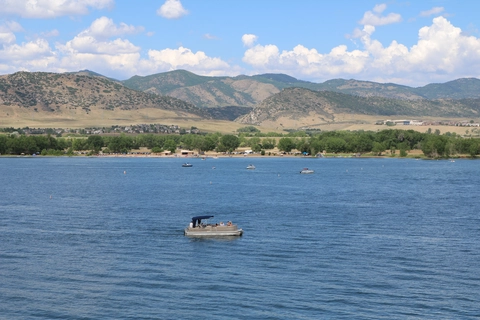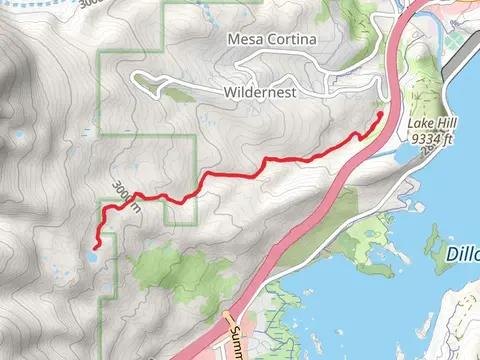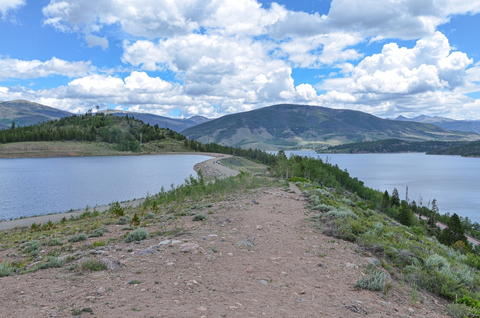"Explore Colorado's stunning trails and connect with nature's grandeur, leaving you inspired and rejuvenated."
Colorado's breathtaking landscapes offer an unparalleled hiking experience, with trails weaving through majestic mountains, lush forests, and vibrant wildflower meadows. From the iconic Rocky Mountain National Park to the serene Maroon Bells, each path promises awe-inspiring vistas and diverse wildlife encounters. Whether you're scaling the heights of a 14er or wandering through tranquil alpine lakes, Colorado's trails invite you to explore and connect with nature's grandeur, leaving you inspired and rejuvenated.
Most popular hikes
FAQs about hiking in Colorado






More hikes in Colorado
by difficulty
by type
